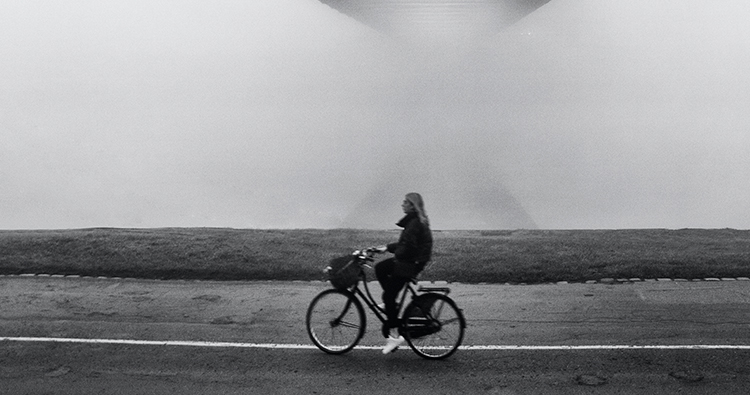Today, a friend asked me how I was dealing with all this, I admit I avoided thinking too much, but I stopped at the question and replied that, at best, I had activated my warrior instincts, even without knowing for sure where the enemies were. that we would face, in this scenario where the only certainty we have is uncertainty, there are so many crises that occur at the same time that planning is impossible, in fact, all these forward-looking statements that we are hearing right now are just a long nobody has ever been there and no one really knows anything.
That’s why this friend of mine came to see me with a pearl of biblical wisdom, which I call bicycle theology here, but which is also named after?Enough of your own evil? (Matthew 6. 34).
- I explain the interesting analogy and the curious theology.
- He said: when someone pedals on a bike.
- If they stop pedaling.
- The bike leans to one side.
- The person loses his balance and falls.
- Conclusion: do not lose your balance momentarily.
- The secret is not to stop pedaling.
- Even if it looks like you are cycling?or you have no idea what we’ll find to come.
- Ride a bike and don’t drop it.
But what does this have to do with the verse in which Jesus exhorts us, saying that we do not care too much about life, because: his own wickedness is enough for the day?(Mt 6. 34) Now, to understand the words of Jesus, we must look at the broader context in which they were said, which are inserted into the famous Sermon on the Mountain, which begins in Matthew 5, in fact, after quoting bliss, Jesus opens this sermon by teaching that his disciples must be the salt of the earth, the light of the world, who must love the next , practice justice, give alms, pray, fast (Matthew 5:13?6. 18).
Then, beginning with Matthew 6:19, Jesus begins to exhort his disciples about some of the dangers of this world that divert us from this vocation he proposed to god’s children, that they may be the salt of the earth, the light. of the world, etc. , and what would these dangers be?Various temptations: the temptation to let the desire to accumulate treasures on earth take hold of our hearts; the temptation to allow evil to transform our eyes and our whole body into darkness; the temptation to serve two lords (God and wealth); and, finally, the temptation to give in to the distressing concern of life.
Yes, this latter hypothesis is also presented by Jesus as a temptation to which we must resist, and Jesus is working on this subject with a very interesting approach:
? First, he puts our priorities in order, showing that we should be grateful for what the Father has already given us (life and body), and not be anxious about what he will give us (food and clothing). ; ? Second, it brings incontrovertible evidence in the nature that the Father takes care of his creation; ?Third, he says that only the Gentiles (those who are not children of God) should worry about what they eat, drink, or dress. And why don’t God’s children have to worry about these things?Now, precisely because they are children of God, the Father himself cares for them and cares about providing them, because he knows that we need them; ?Fourth, it shows us what we really need to worry about: “Wherefore, seek first his kingdom and his righteousness, and all these things shall be added to you?(Matthew 6:33); ? Finally, having said all this, Jesus concludes: “Wherefore [that is, for all that I have pointed out], do not worry about tomorrow, that tomorrow he will take care of you; Is your own pain enough every day?(Matthew 6. 33).
In other words, don’t be distracted by the temptation of worry and anxiety, God has already given you the most important thing (life and body), and the rest will also give you (food and clothes). Do as Jesus says: seek first the kingdom and justice of God (i. e. , be the salt of the earth and the light of the world, love your neighbor, practice justice, give alms, pray, fast, live according to his Christian vocation), and he will do the rest, as the Father cares for his children. So don’t get distracted by worries, don’t stop pedaling in search of what matters, don’t lose your balance thinking about tomorrow: “Your own evil is enough for the day?”(Matthew 6. 34).

